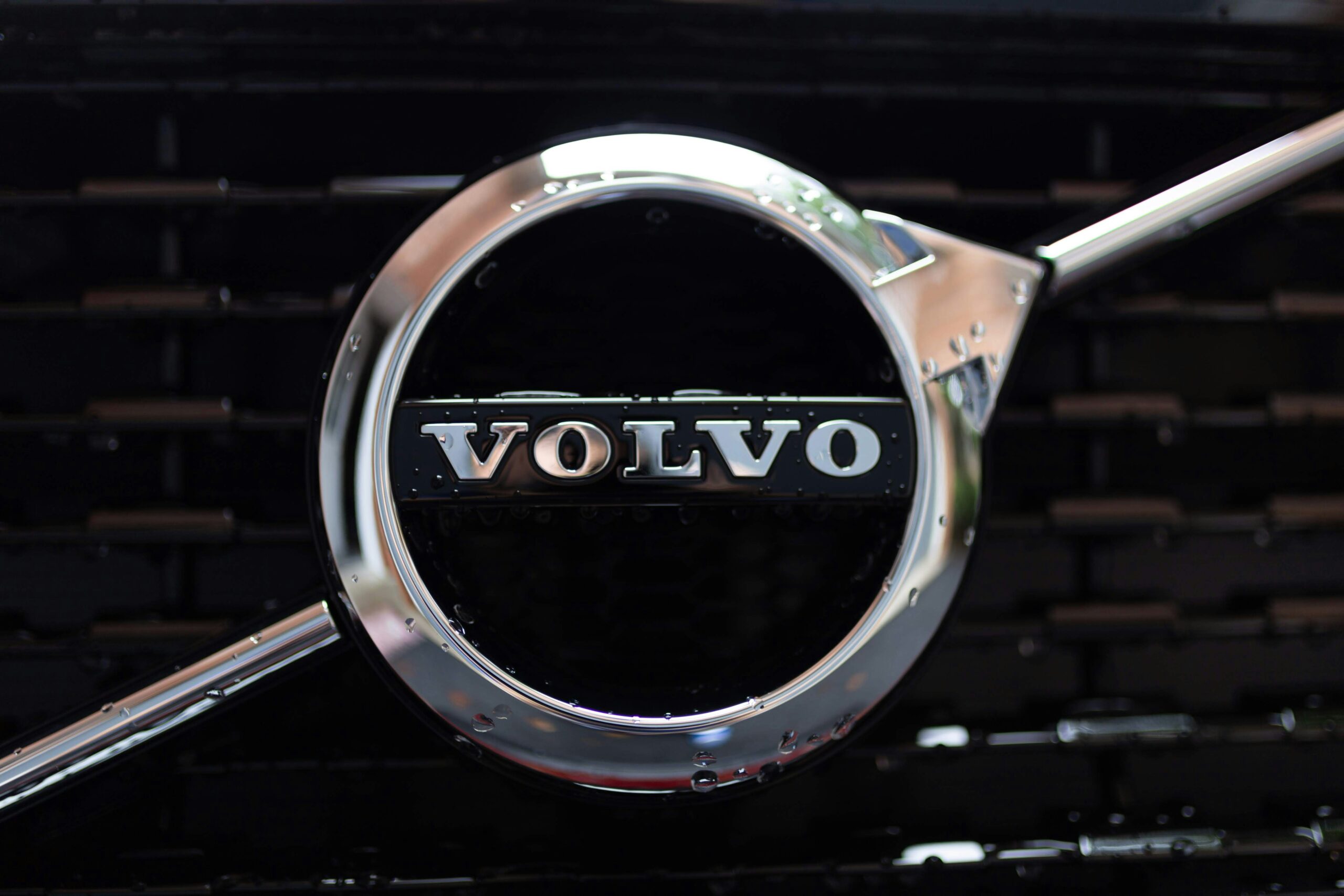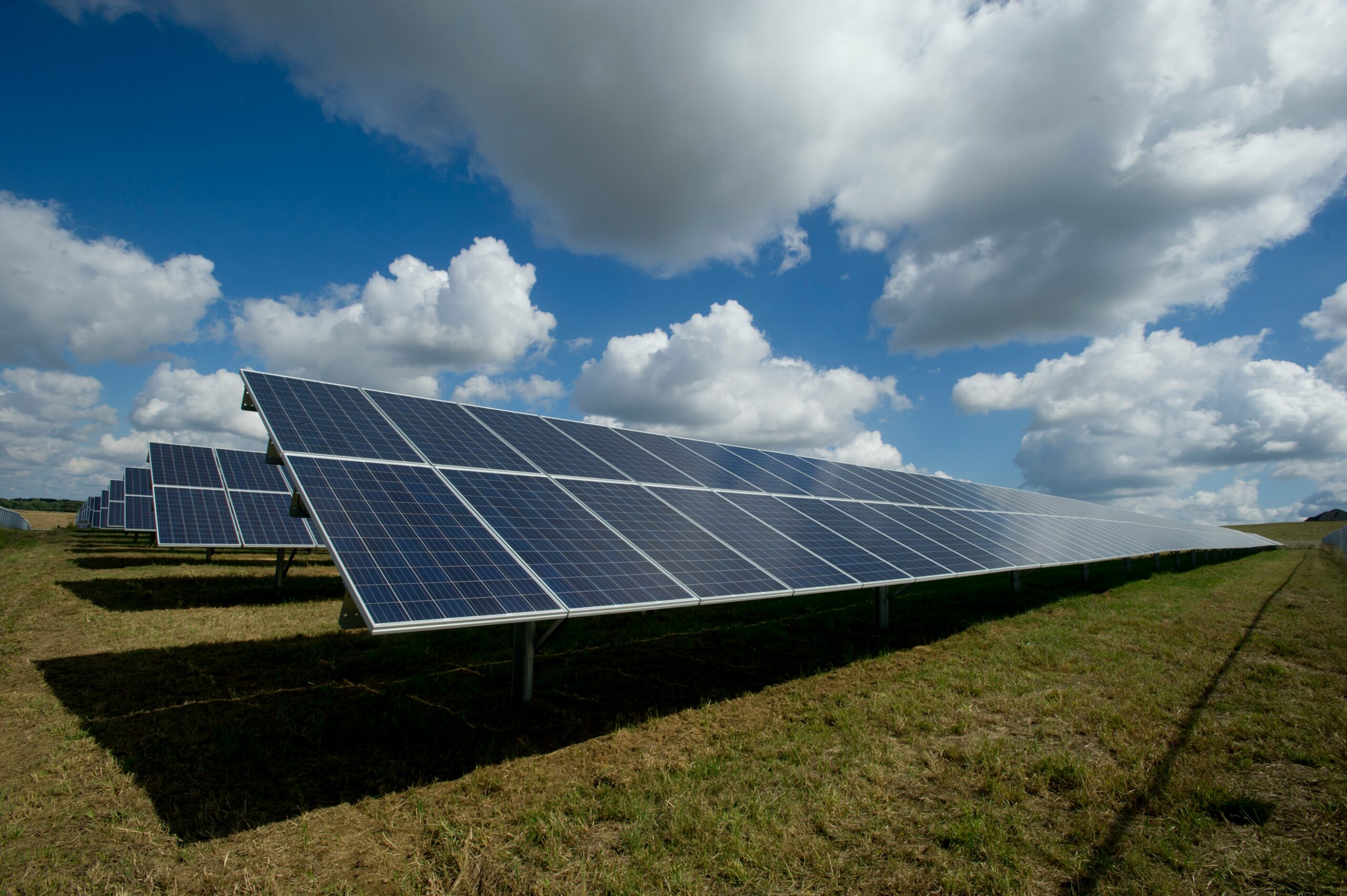Image credit: Unsplash
The CEO of Ford Motor Company, Jim Farley, recently revealed his renewed passion for electric cars (EVs) in an opinion article he posted on social media. Farley, who considers himself a “lifelong petrol head,” has made a big change in his perspective by adopting EVs. This change is a result of his imaginative leadership at one of the biggest automakers in the world.
Farley’s love of cars is widely known; before joining Ford in 2007, he worked for Toyota and Lexus for a considerable amount of time. His distinguished career at Ford culminated in his 2020 nomination to CEO. Under his direction, Ford has spearheaded the automobile industry’s transition to electric cars, which are known for being more powerful, quieter, and ecologically friendly.
Farley expressed his fondness for combustion engines in a previous essay, writing, “The rumble of a V-8 feels like the soundtrack of my life.” He still spends his weekends restoring his 1973 Ford Bronco, proving how devoted he is to classic cars. But Farley has discovered a new love, which he writes about beautifully in his essay, thanks to his recent experience with electric cars.
“As a lifelong petrol head, I was surprised as anyone when I fell in love with electric vehicles,” Farley wrote. His transformation wasn’t driven by government policies or political beliefs but by his personal experience driving a Ford F-150 Lightning Platinum. “It is astonishingly quiet and smooth. The effortless acceleration leaves you with a silly grin once you get the feeling back in your face. Every morning, mine is topped up with 300 miles of range. No gas stations, ever…”
Farley’s open statement clarifies the practical advantages of electric vehicles (EVs), dispelling myths and equating them with past paradigm changes like the introduction of cell phones and the internet. “It takes time for innovations to take hold. But when they do, the shift is profound and lasting,” he noted, emphasizing that the future of vehicles will be “software-defined and electric.”
Range anxiety is one of the main myths that Farley dispels. According to Ford’s research, just four days or fewer are spent traveling more than 150 miles annually by around 50% of Americans. Furthermore, 80% of EV users charge their cars at home, while public charging infrastructure is still expanding across North America. While acknowledging historical difficulties in locating dependable chargers while on a road trip, Farley maintained his optimism, drawing comparisons between the advancement of cellular networks and the development of charging infrastructure.
Nearly 70% of EV owners worldwide said they will continue to drive electric cars in the future, another finding made by Farley that highlighted the strong devotion among EV owners. He called for confidence in Ford’s 121-year history of innovation and emphasized the need to assist American manufacturers in the face of growing tariffs on EVs manufactured in China. “We are in a global race to compete in a future where electric propulsion will undoubtedly be a giant force in transportation,” he wrote. “America cannot cede innovation leadership to China, Europe, or any other region.”
Despite the upfront investment costs and initial financial losses in EV production, Farley remains confident in the long-term benefits. “The tipping point we’re working toward will come not from regulators or politicians, but from consumers. Not when an arbitrary market share is reached, but when electric vehicles are simply better for more customers – better to drive, cheaper to own, and easier to integrate into daily life. This is the reality for millions already.”






































































































































































































































